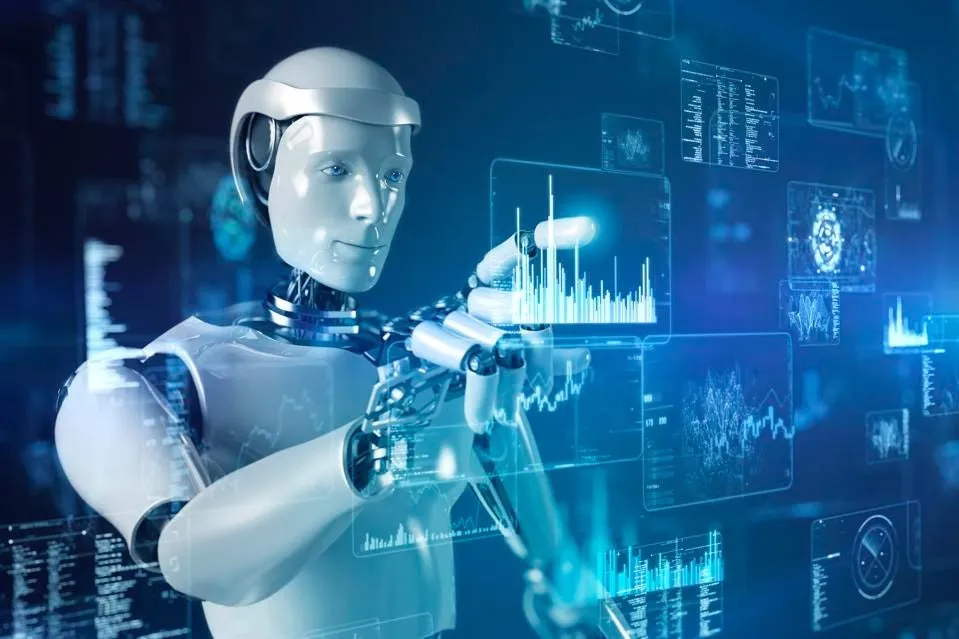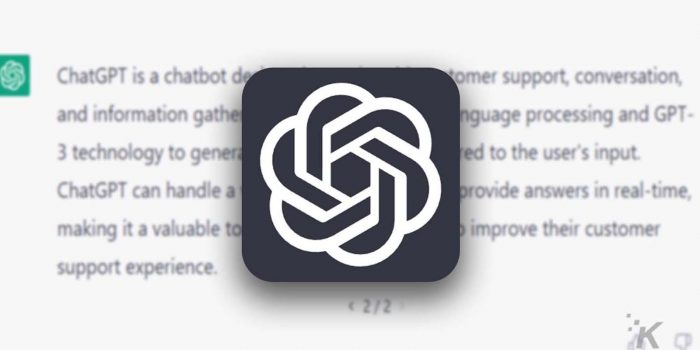While no one knows how artificial intelligence will affect the future of employment, we can all agree on one point: AI is one of the world’s most important technologies right now. Artificial intelligence is already influencing everything from our search results to our online dating prospects to how we make purchases. Data show that the use of AI in various commercial fields has expanded by 270 percent in the last four years. But how will this technology work in the future?
Automation advances have resulted in increased insecurity for blue-collar workers, particularly those in manufacturing, whereas white-collar people have mostly remained unaffected by the same concerns. Of course, until generative AI becomes a reality, Artificial intelligence looks to be set to replace human workers in higher-paying, college-required occupations in what appears to be the first big technological shift in the white-collar economy.

“Before, progress was linear and predictable. “You figured out the steps, and the computer followed them,” MIT professor David Autor, an expert on employment and technological change, told The Atlantic’s Annie Lowery. “It followed the procedure; it didn’t learn, and it didn’t improvise.”
For millennia, everyone from weavers to mill employees has worried that technical progress will lead to a society without jobs. It’s natural that the media’s portrayal of artificial intelligence, particularly in some of our favorite sci-fi blockbusters, has fueled fears that AI will one day render humans redundant in their jobs.
For example, as technology progresses, many tasks that were previously performed by human hands have been mechanized. People are understandably frightened as artificial intelligence breakthroughs appear to be ushering at the end of work as we know it. Human workers, on the other hand, are unlikely to become obsolete as a result of AI. To assuage your fears, robots are unlikely to take over your job very soon.

However, AI’s ability to replicate human intelligence’s utility in doing specific activities still has severe limitations. A common limitation of AI algorithms is that they cannot accomplish more than one job at a time and can only handle one problem at a time. They are frequently stiff, unable to adjust to changes in input or think outside of their pre-programmed parameters.


